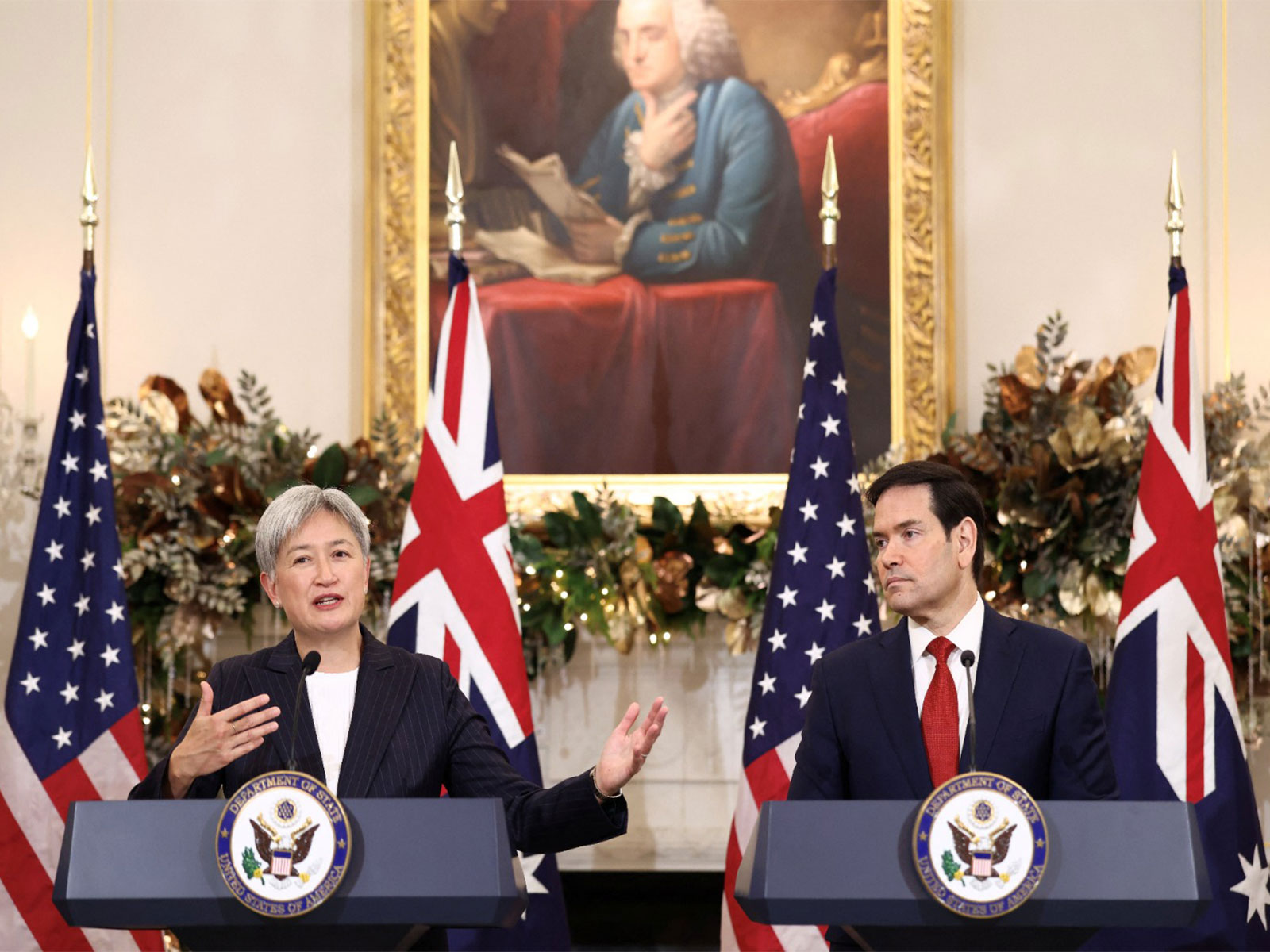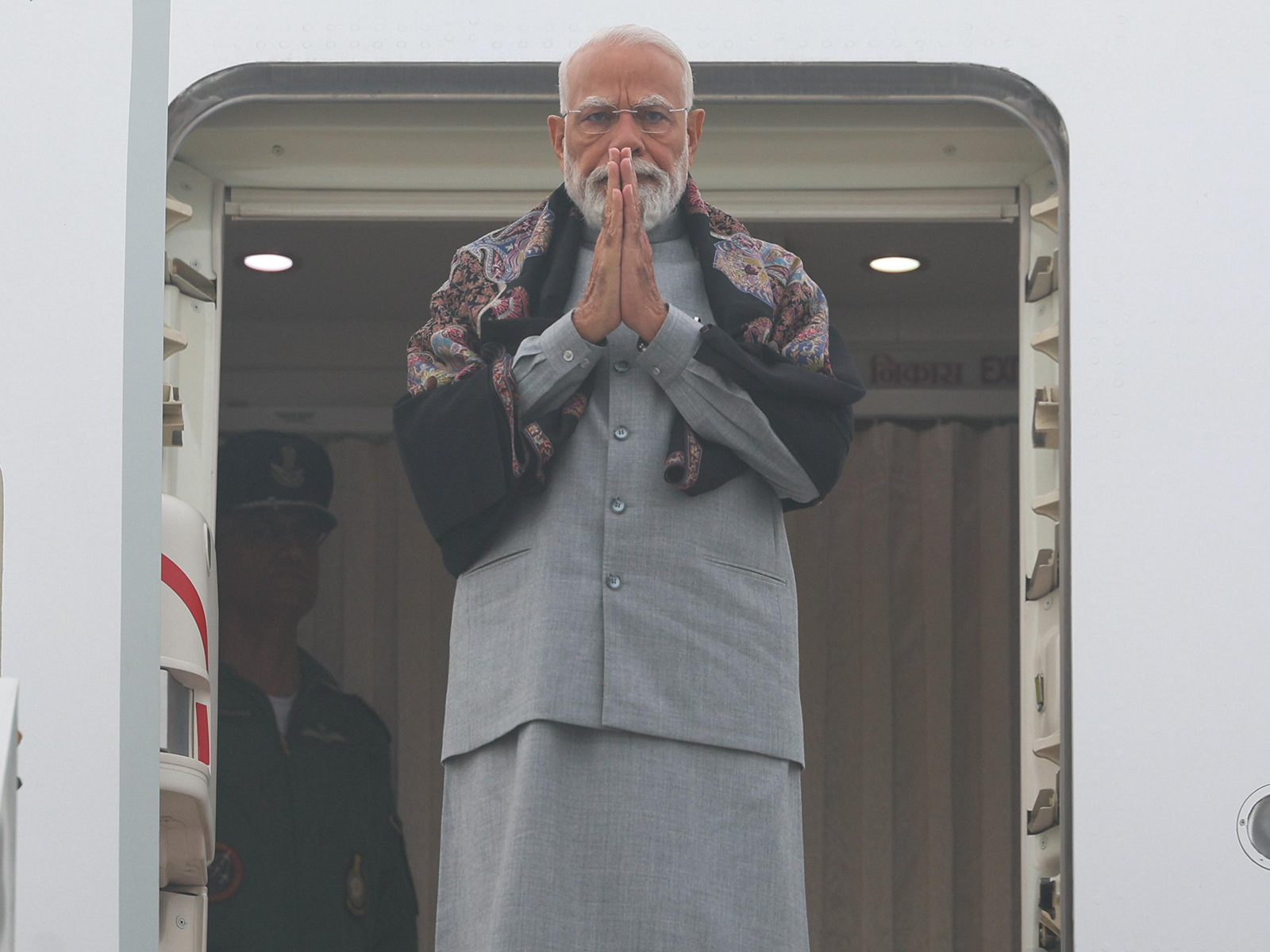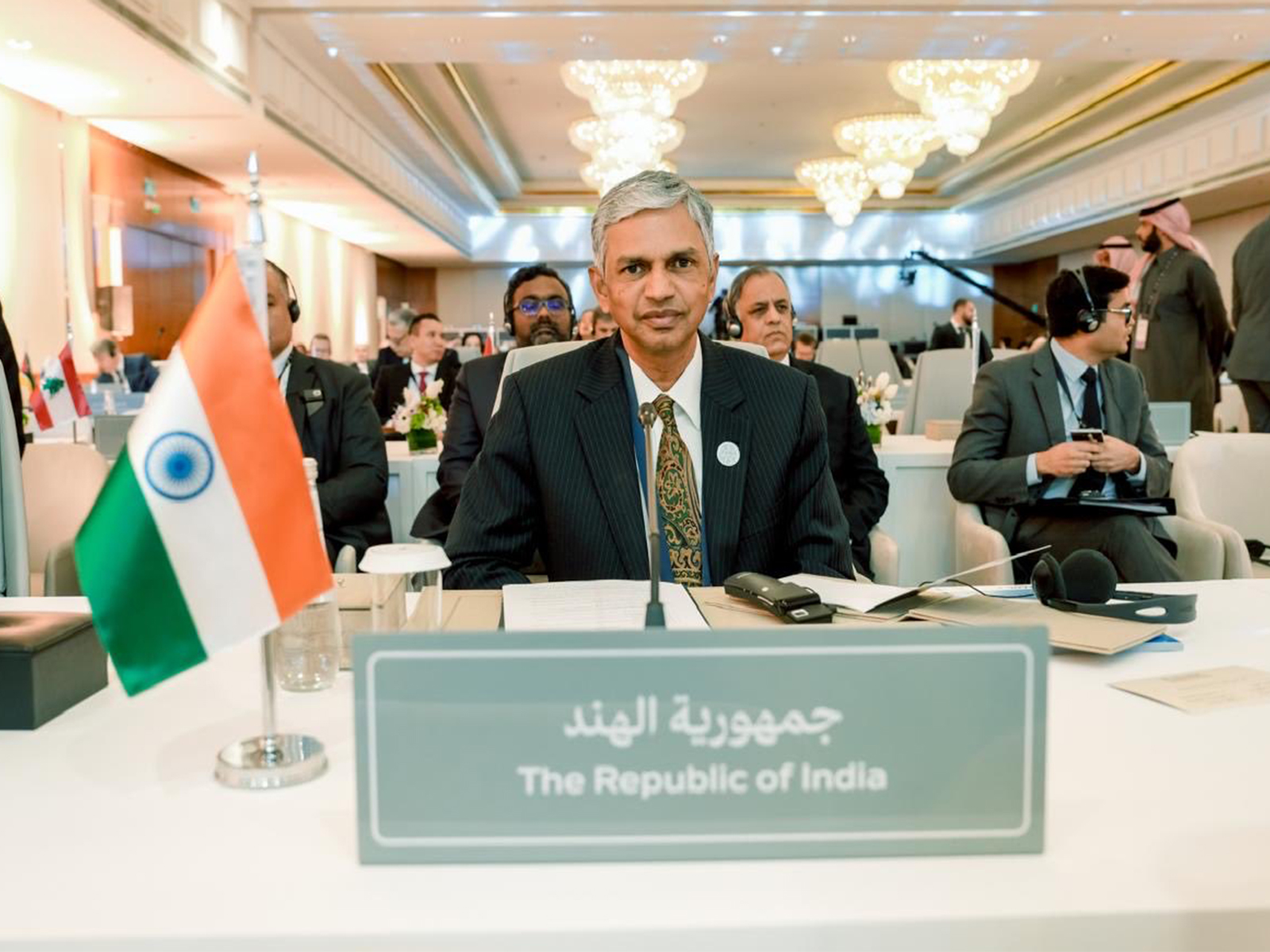Pakistan Tehreek-e-Insaf to challenge govt's 'unconstitutional' ISI call tapping move
Jul 09, 2024

Islamabad [Pakistan], July 9 : After the federal government gave its nod to the country's spy agency Inter-Services Intelligence (ISI) to tap calls and messages, Omar Ayub Khan, leader of the Opposition on Tuesday announced that he would challenge government's move, "which is unconstitutional," Geo News reported.
Citing security reasons, the Pakistan government allowed ISI to tap calls and messages.
Omar Ayub Khan, leader of the Opposition in the National Assembly, said he would challenge the notification through his lawyer Babar Awan in the court, as it was unconstitutional and against the fundamental rights envisaged in the constitution, according to Geo News.
The opposition leader also took to his official X handle and targeted the government for allowing ISI to tap calls and messages and said, "Statutory notification (SRO) issued on July 8 by the government gives blanket powers to ISI to tap anyone's phone conversations on the grounds of unspecified 'national security' reasons on the 'apprehension' of any offence that may be committed."
Stepping up his attacks, Ayub Khan said, "This blanket cover to an intelligence agency can only be given in a dystopian setting by a fascist government."
The opposition leader further added that Prime Minister Shahbaz Sharif has practically cut his own jugular vein as this SRO will be the tool that will be used by the ISI to hound Bilawal Bhutto, Asif Zardari, Maryam Nawaz, all politicians and media people to blackmail and beat them into submission.
He added, "I will be challenging this black SRO in court through my lawyer, Babar Awan as it is unconstitutional and against the fundamental rights enshrined in the Constitution."
Notably, the Pakistan cabinet allowed a designated officer of the ISI to carry out the tracing of calls under Section 54 of the Telecommunication (Re-organization) Act 1996. The cabinet has also said that the nominated officer by ISI should not be of less than grade 18.
Section 54 of the Telecommunications Act allows the government to authorise any person to intercept calls and messages through any telecommunication system in the interest of national security. The Section also states that the government will have a preference for the telecommunication system over any licensee for the security of the country.
The Ministry of Information on Monday issued a notification which said that for the nation's security, ISI can nominate officers to intercept calls. "The federal government in the interest of national security and in the apprehension of any offence is pleased to authorise the officers, not below the rank of Grade 18 to be nominated from time to time by ISI to intercept calls and messages or to trace calls through any communication system," according to Geo News.
The move has been taken in light of Prime Minister Shehbaz Sharif's government's recent actions for imposing stricter social media regulations, citing national security concerns.
On May 9, Sharif approved a significant move to amend the Prevention of Electronic Crimes Act (PECA) 2016, aimed at regulating social media, as per sources reported by ARY News.
The approved draft included the establishment of the Digital Rights Protection Agency (DRPA) under the PECA Act of 2024.




















